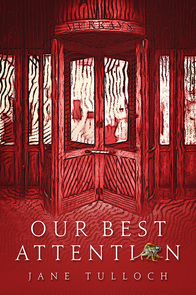
The Friday flash fiction challenge is a 100-word original story. It's fun to do, it can help get those creative juices flowing and it could spur you on to further creative endeavours. Perhaps your 100-word story could form the basis for something longer - maybe even a novel..?
To inspire you, here's an example from Gordon Lawrie using a character from his book Four Old Geezers and a Valkyrie:
WINNERS AND LOSERS
I’d watched my friend Fleece lose money all night. Exactly what had induced him to take on One-Eyed Jake in a head-to-head Laredo crap game I couldn't imagine, but he was determined to see it through.
In the nick of time, Fleece threw a double six. “Aha!”
One-Eyed Jake eyed Fleece up, then threw a triple seven. “Ha!”
Fleece stood up. “There were only two dice a minute ago!”
Suddenly Jake was on his feet, too. “You calling me a cheat?”
Fleece paused to study the gun pointing at his ample midriff.
“No,” he replied, “I’d say you’re very good.”








